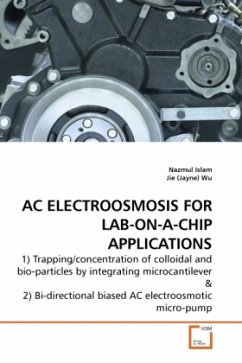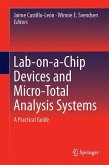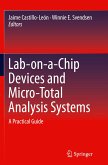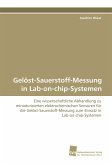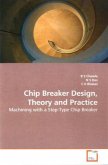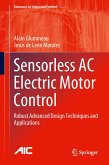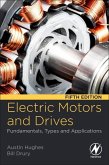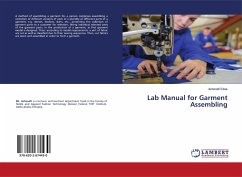AC electroosmosis (AC-EO)is the study of particle and fluid motion induced by AC electric fields. In the last decade it has received increasing interest due to its important applications in micro total analysis systems and miniaturized biomedical devices. With the application of very low voltage (~1Vrms), AC-EO can be utilized to control and manipulate particles and fluids at the micro/nano scale, which are very difficult to achieve with existing techniques, such as pressure driven flow. Through the interaction of ac electric fields and particles/fluids, AC-EO can be used to sort, separate and filter particles, and to pump and mix fluids. AC-EO can operate at relatively low voltages, which is suitable for integrated lab-on-a-chip systems. This research investigates AC-EO for manipulating nanofluids/ particles with an aim to provide a generic platform for the transport and concentration functions in microfluidic devices. It is envisioned that these concepts can be integrated with life science and biomedical technologies to develop a new generation of labs-on-a-chip, with high-efficiency particle manipulation and sensing, micropumps and microfluidic mixers.

